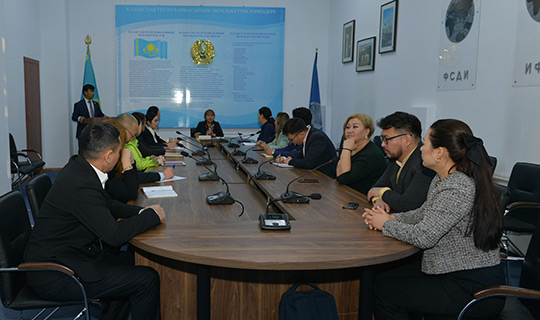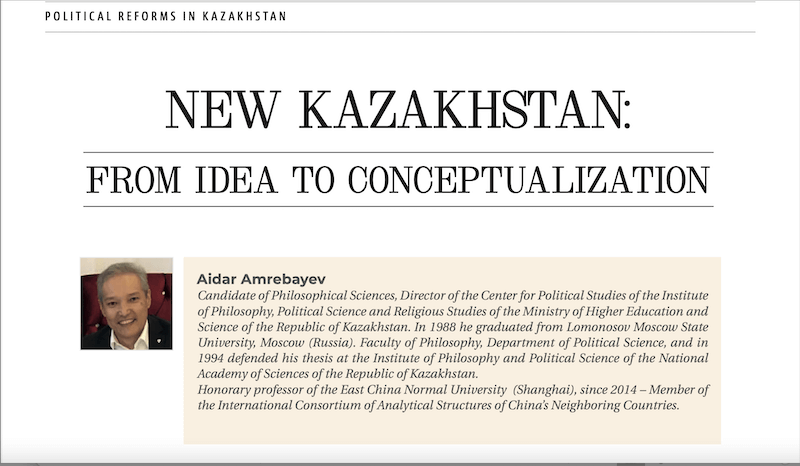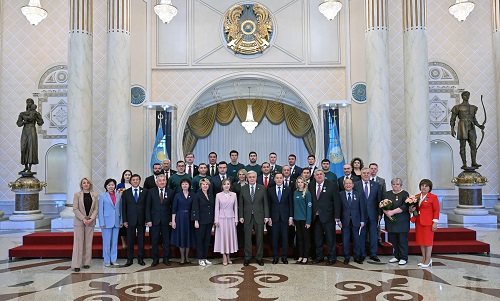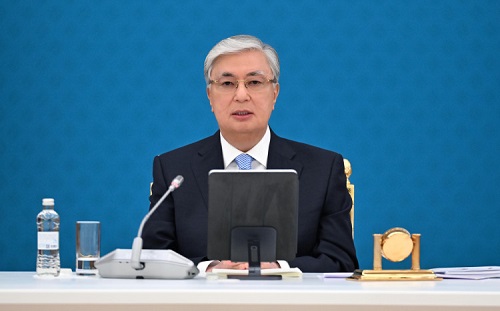Структура 
Исследования 
Планы и отчеты Института
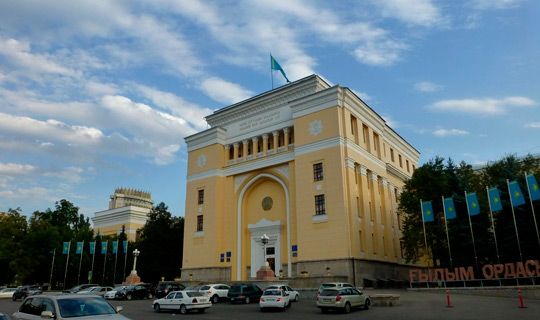
План работы Института философии, политологии и религиоведения Комитета науки Министерства образования и науки Республики Казахстан на 2021 год

Научная программа «Исследование культуры и ценностей общества в контексте стратегии устойчивого развития Казахстана» (2021-2022 гг.)
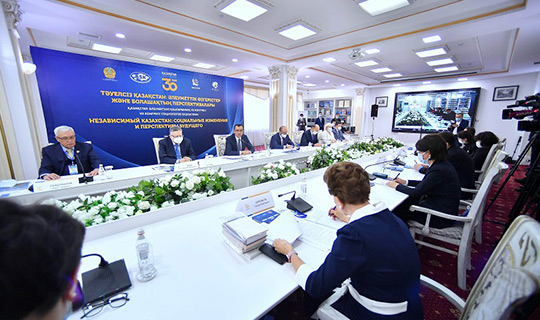
Соглашения о сотрудничестве с зарубежными организациями и с отечественными организациями. Зарубежные командировки, стажировки

Научная программа «Социальная модернизация казахстанского общества: идейно-мировоззренческие основания, концептуальные модели, социокультурные процессы, социально-политические технологии» (2021-2023 гг.)

Соглашения о сотрудничестве с зарубежными организациями и с отечественными организациями. Зарубежные командировки, стажировки

Сотрудничество 
☰
Соглашения о сотрудничестве с отечественными организациями

Соглашения о сотрудничестве с зарубежными организациями и с отечественными организациями. Зарубежные командировки, стажировки

Соглашения о сотрудничестве с зарубежными организациями

Соглашения о сотрудничестве с зарубежными организациями и с отечественными организациями. Зарубежные командировки, стажировки

Зарубежные командировки, стажировки

Соглашения о сотрудничестве с зарубежными организациями и с отечественными организациями. Зарубежные командировки, стажировки





